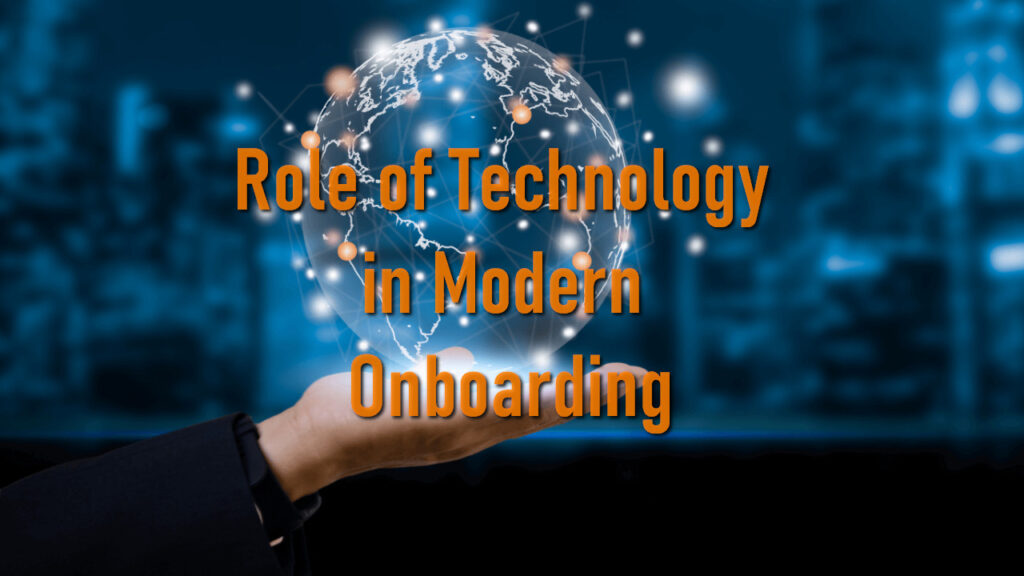
Role of Technology in Modern Onboarding
In today’s rapidly evolving business landscape, the onboarding process has undergone a significant transformation, largely driven by technological advancements. Traditional onboarding methods, characterized by paperwork, lengthy orientation sessions, and manual processes, have given way to more efficient and streamlined approaches. Technology has emerged as a cornerstone in modern onboarding, revolutionizing the way organizations integrate new employees and ensuring a smoother, more engaging experience.
Efficiency and Time-Saving
One of the most prominent benefits of technology in modern onboarding is the increased efficiency and time-saving it offers. Automated onboarding platforms facilitate the electronic completion of paperwork, including secure pay stubs, eliminating the need for manual data entry and reducing the risk of errors. New hires can submit their information and documentation electronically, enabling HR teams to expedite the processing of crucial forms like tax documents, contracts, and benefits enrollment. This not only minimizes administrative burdens but also ensures that employees can focus on becoming productive members of the team sooner.
Enhanced Engagement and Personalization

Technology enables organizations to create personalized onboarding experiences that cater to individual employee needs. Through e-learning platforms, interactive modules, and videos, companies can deliver engaging content that aligns with the employee’s role, responsibilities, and the company’s culture. This approach not only enhances engagement but also accelerates the learning process. Moreover, incorporating gamification elements into onboarding programs can add an element of fun and competition, making the process more enjoyable for new hires.
Remote Onboarding and Global Reach
The rise of remote work and the globalization of businesses have presented challenges in onboarding geographically dispersed employees. Here, technology emerges as a critical enabler. Video conferencing tools, virtual reality simulations, and collaborative platforms allow companies to deliver consistent onboarding experiences to employees regardless of their location. Remote onboarding not only ensures a consistent flow of information but also fosters a sense of inclusion and belonging among remote workers, which is crucial for their long-term engagement and productivity.
Data-Driven Insights and Continuous Improvement
Modern onboarding technologies provide organizations with valuable data-driven insights that enable them to refine and enhance their onboarding processes continuously. Analytics tools can track key metrics such as completion rates, time to productivity, and employee satisfaction with the onboarding experience. These insights allow HR teams to identify bottlenecks, areas for improvement, and patterns that could impact employee retention and performance. By leveraging these insights, companies can refine their onboarding strategies and tailor them to the evolving needs of their workforce.
In conclusion, technology has brought about a revolution in the way organizations approach employee onboarding. From streamlining administrative tasks to delivering engaging and personalized content, technology’s role in modern onboarding is undeniable. The efficiency and time-saving benefits, enhanced engagement possibilities, facilitation of remote onboarding, and data-driven insights all contribute to creating a comprehensive and effective onboarding process. As technology continues to evolve, it’s likely that onboarding methods will become even more innovative, ensuring that new employees are integrated seamlessly into the company culture and contributing to their success from day one.

